

Why You Should Buy a New Car (Not Used)
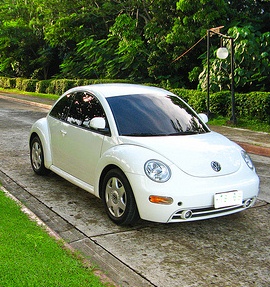
Almost a year ago, my husband and I did something that we never thought we’d do: We bought a brand new car. Up until that point, my husband and I had bought only lease returns (a Saturn in 2002, and a Prius in 2009). However, we decided that after almost 10 years of driving a car we didn’t particularly like, that it was time to get what we wanted.
As result, we ended up purchasing a new car – because what we wanted was found most cost-efficiently in a brand new car. Here are some of the advantages that we enjoyed with the brand new car:
Manufacturer’s warranty completely intact.
Ability to choose exactly the colors, options, and accessories I wanted.
Special financing of 1.9%, and dealer and manufacturer price incentives.
A completely clean car, with no abuse inside or out. (And that new car smell!)
Additionally, we actually saved money with our new car. While shopping around, looking for lease returns, we discovered that a Subaru Outback still costs quite a bit. Our new car, after all was said and done, cost $3,000 less than a similar used version that was two years older.
Why a New Car Was Right for Us
The biggest argument against buying a new car is the instant depreciation. We’ve all read – and I’ve even written – about how a new car loses a large chunk of its value the moment you drive it off the lot. However, if you don’t plan on selling your car, does it really matter?
We didn’t actually sell our Saturn when we bought the Subaru. Instead, we gave it to my husband’s parents, since they needed a car. We probably won’t sell this new car, either. Instead, we are likely to drive it for 9 to 10 years – perfect timing for when my son is likely ready to take a car to college.
Since we won’t be selling the car, the depreciation on it doesn’t really matter that much to us. We aren’t going to try to sell it. Besides, even if we did want to sell, a Subaru generally holds its value fairly well, as we discovered when we looked at used cars.
Depreciation Vs. Maintenance Costs
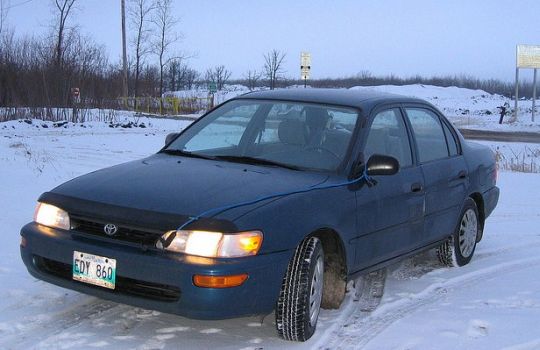
Another nice perk of driving a new car is that you don’t have to worry about it breaking down as much. Yes, any car can break down at any time. However, there is a greater chance of a break down with a used car. I’ve already taken the new car on one lengthy road trip, and taken it camping several times. I don’t worry about the car breaking down while I’m in the middle of nowhere, or worry about its performance on dirt roads up in the mountains. I was starting to get a little worried with my older car.
Estimates of how much more you must pay for maintenance on a used car vary, of course, but some trustworthy sources put the number at about $3,000 over 5 years. And of course, that amount varies depending on which type of car you decide to buy. But the point is, in many cases the savings of owning a new car can add up to be equal to or greater than the cost of depreciation that seems to convince so many people to buy used cars.
Another factor that can point in favor of a new car is better gas mileage. Again this varies from vehicle to vehicle, but on the whole, new cars have better gas mileage than their older counterparts, due to advances in technology that make cars ever-more fuel efficient, and the fact that cars’ engines become less efficient as they age.




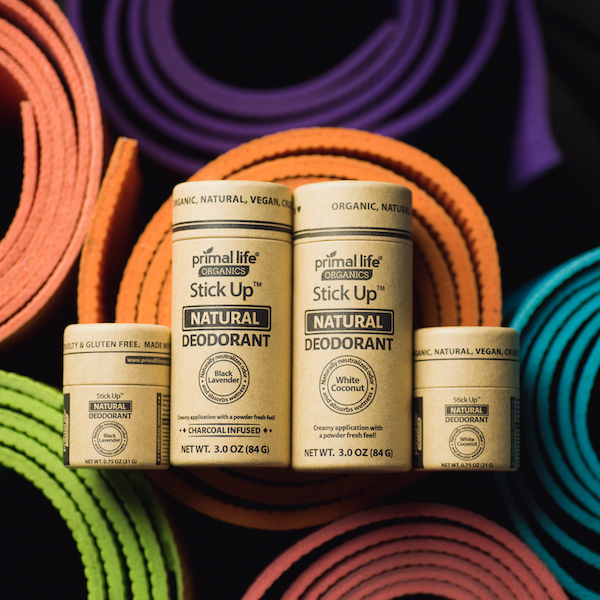
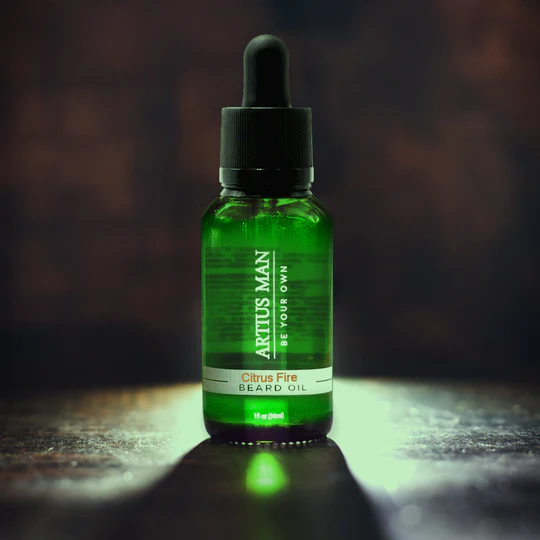
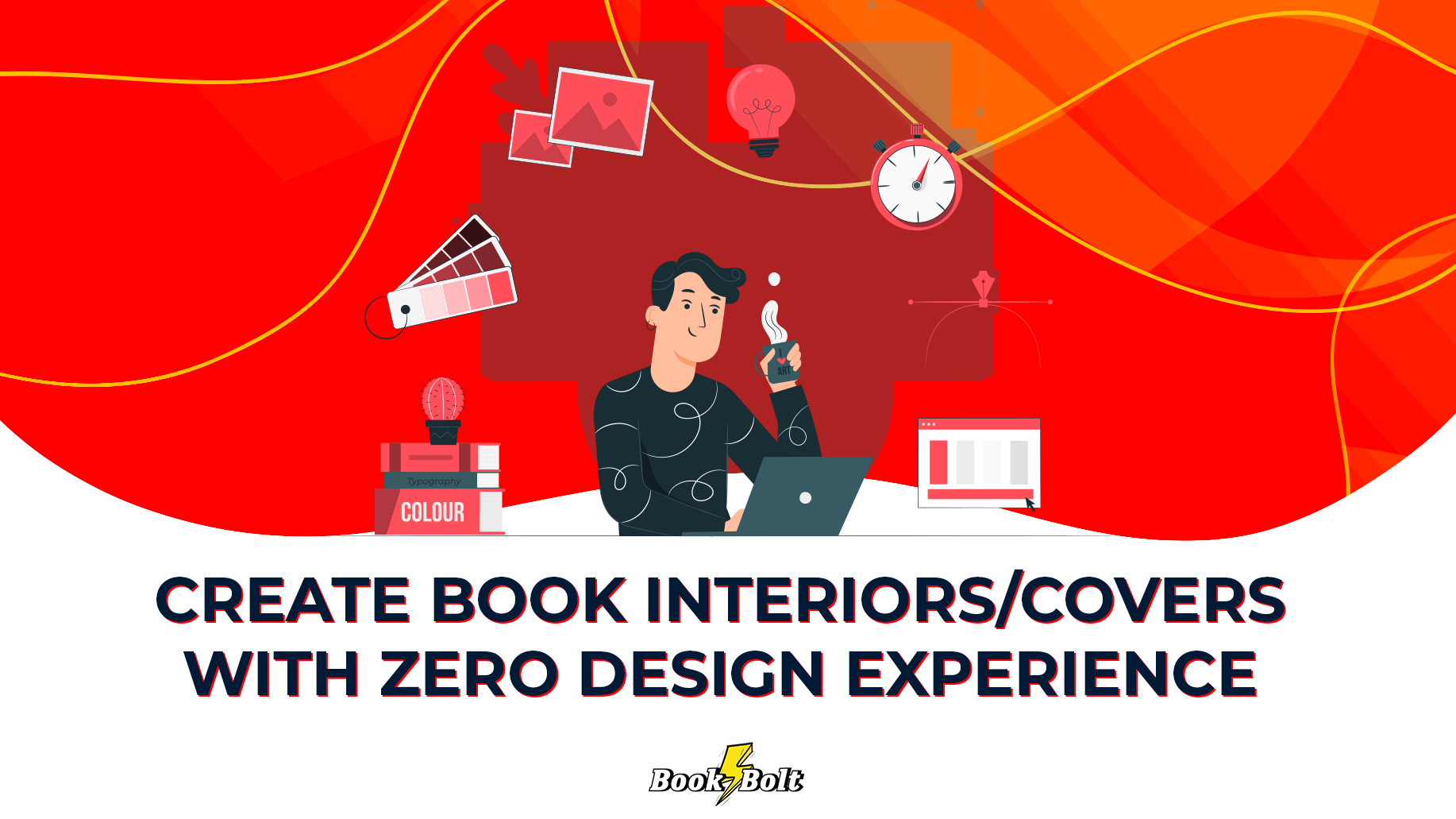
There are definite advantages with a newer car vs an older/used car. Always check out the safety and info on the car before buying and if possible check into maintenance plans. Some are worth buying.